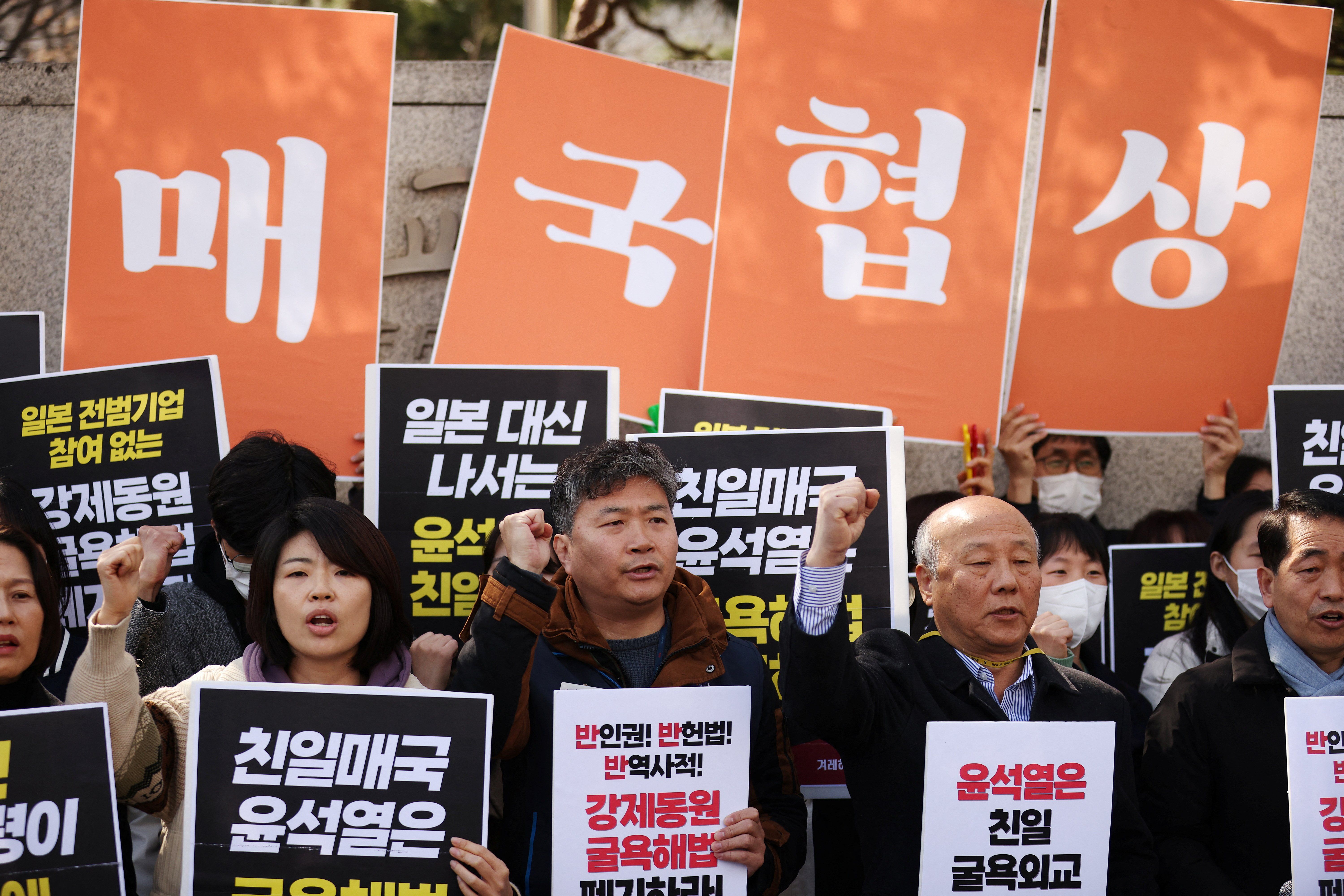Hard Numbers: Korean reparations rejected, Russians at US border, Saudi Arabia stuffs Turkey with cash, Brazil’s new Tinder nightmare
0: Although Tokyo and Seoul reached a landmark agreement for a South Korean fund to compensate victims of Japan’s 20th-century colonization of the Korean peninsula, zero of the remaining survivors of Japan’s forced labor camps will accept the money.
5,000: There are now as many as 5,000 Russian asylum-seekers at the southern border of the US, according to the immigration-focused website Border Report. Most are wealthy Russians who have fled Vladimir Putin’s mandatory conscription.
5 billion: Saudi Arabia will give $5 billion to Turkey in a bid to stabilize Turkish foreign exchange reserves, which have taken a huge hit since last month’s earthquakes in the southeast. Bilateral ties have come a long way since the two countries clashed over Turkey’s support for Islamist movements in the region and Riyadh’s 2018 assassination of Saudi dissident Jamal Khashoggi in Istanbul. But Turkey needs the cash, and Saudi has lots and lots and lots of it.
90: Attention @tindernightmares! Over the past year, some 90% of all kidnappings in the Brazilian megalopolis of São Paulo occurred after the victim set up a meeting on a dating app. In recent years, mobile payment technologies have also abetted the rise of Brazil’s “flash kidnappings” in which victims are held for short periods and small ransoms.